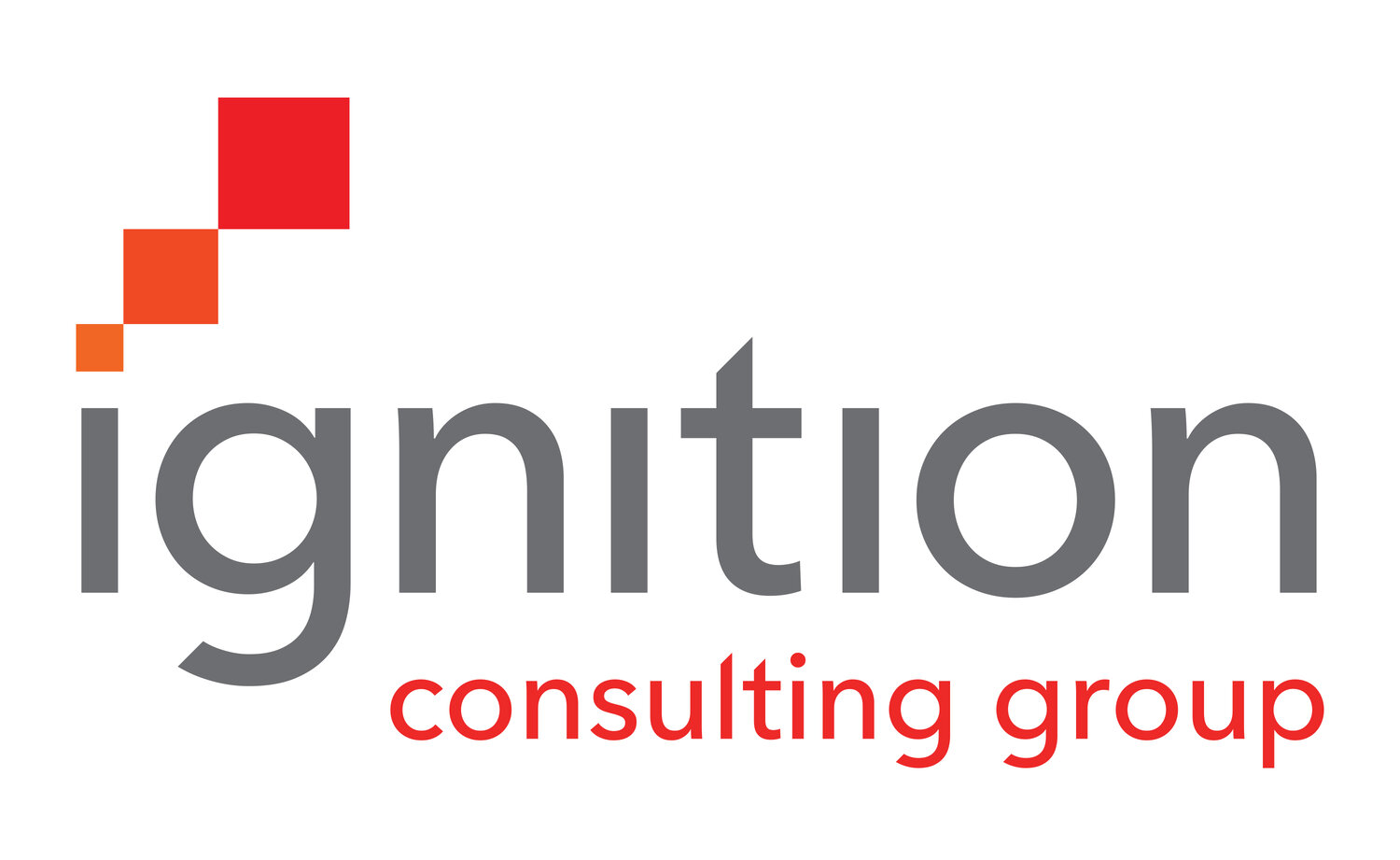Stop Worrying About How Efficient You Are; Effectiveness is the Only Thing that Matters
By Tim Williams
Two advertising professionals, Ken Starling and Julie Brighton, both worked 2,000 hours last year. Of those 2,000 hours, Ken billed 1,765 to client project work. Julie’s billable hours were 1,326. Which of these two executives was most productive?
The correct answer, of course, is that it’s impossible to tell from this information. Being “billable” doesn’t equate to being “productive.” Moreover, it doesn’t necessarily equate to being effective, which is the ultimate goal of knowledge workers in organizations like agencies. Using billable time as a measurement of effectiveness is like trying to measure snow depth with a thermometer.
Only better is better
Efficiency is not what your agency is hired for. In today’s technology-enabled world, efficiency is a given. As my colleague Ron Baker is fond of saying, “Efficiency in a professional knowledge firm is not a competitive advantage. It’s the equivalent of having restrooms.” Besides, we can’t accurately measure the efficiency of a knowledge worker anyway.
By cracking the efficiency whip at every agency staff meeting, agency leaders are sending the wrong message to their associates. An agency CEO’s hue and cry should be about “better” not “more.” Smart clients don’t pay agencies for how fast they can solve a thorny marketing problem, but how effectively they can solve it.
This isn’t to say speed isn’t important. In today’s on-demand world, clients want their business partners to be agile. It’s just that when we default to the view that we sell “fast” instead of “effective” we commoditize our services, degrade our work, and demoralize our staff. This is actually one of the driving factors behind the talent drain in the advertising agency business right now; it’s hard to derive professional satisfaction from just fulfilling orders instead of solving problems.
Pick one
It’s actually quite possible that efficiency and effectiveness are exclusive concepts; you can’t improve both at the same time, and if you work on one it’s almost always at the expense of the other. Try to be more efficient and you’ll likely be less effective. Try to be more effective and you’ll likely be less efficient as a result. So you really have to make a choice at the beginning of your work day. Which is it going to be, efficient of effective?
Is Paul McCartney efficient? Unfair example, you say – he’s a musician and artists aren’t expected to be efficient. Aren’t creative directors artists? What about Steve Jobs – is he efficient? No one cares, because that’s the wrong question.
The right question is “Are you effective?” Are you creating value for your client? Not just expected value (fulfilling orders), butunexpected value – ideas and solutions your client hasn’t asked for. Our industry’s relentless focus on “estimated hours” has us looking through the wrong end of the telescope.
Why the Mad Men didn’t do time-sheets
Most agency people who watch AMC’s “Mad Men” are constantly comparing agency life then to agency life today. An awful lot of things have changed for the better (smoke-free offices, for one), but the basic dynamics of the agency-client relationship were actually a lot better back then. The reason is that agencies were in the effectiveness business. The commission system, while vilified today as a regressive form of compensation, actually provided the right incentive for agencies to do the right thing. The more effective the work, the more money the client would spend in marketing, the more the agency would earn (in commissions). That’s pretty good alignment of economic incentives, and it placed the agency’s focus squarely on effectiveness.
Agencies back then didn’t do timesheets not only because they didn’t bill by the hour, but because they weren’t really concerned with trying to measure efficiency. As I said, they were in the effectiveness business.
So let’s keep the smoke-free offices, but turn back to what built the agency business in the first place: paying attention to the results we create for our clients, not the hours we log on our timesheets.


